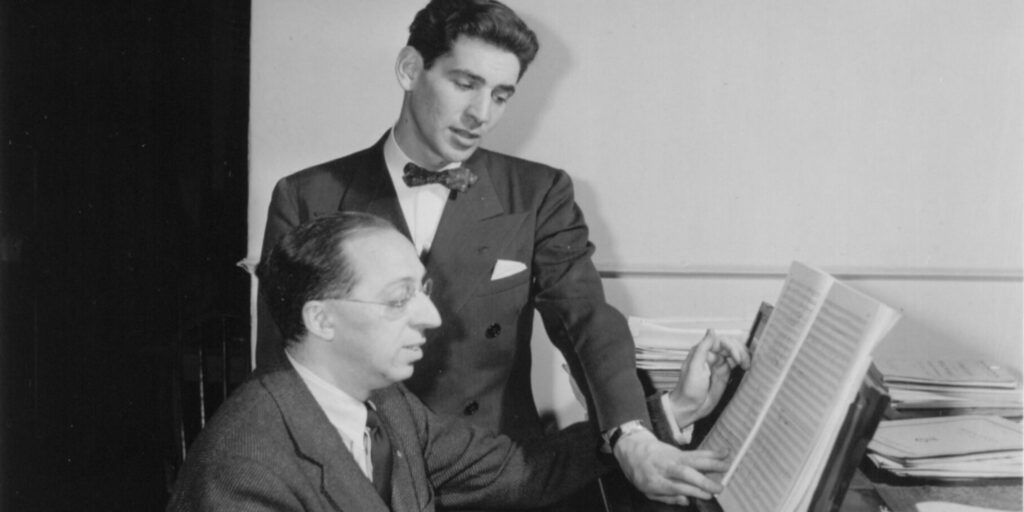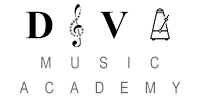Aaron Copland1901 – 1990
Aaron Copland, (born Nov. 14, 1900 Brooklyn, N.Y., U.S.—died Dec. 2, 1990, North Tarrytown, American composer who achieved a distinctive musical characterization of American themes in an expressive modern style.
Copland, the son of Russian-Jewish immigrants, was born in New York Cityand attended public schools there. An older sister taught him to play the piano, and by the time he was 15 he had decided to become a composer. As a first step Copland tried to learn harmony through a correspondence course. Haltingly and in an environment not particularly conducive to art, he struggled toward his goal.

In the summer of 1921 Copland attended the newly founded school for Americans at Fontainebleau, where he came under the influence of Nadia Boulanger, a brilliant teacher who shaped the outlook of an entire generation of American musicians. He decided to stay on in Paris, where he became Boulanger’s first American student in composition. After three years in Paris, Copland returned to New York City with an important commission: Nadia Boulanger had asked him to write an organ concerto for her American appearances. Copland composed the piece while working as the pianist of a hotel trio at a summer resort in Pennsylvania. That season the Symphony for Organ and Orchestra had its premiere in Carnegie Hall with the New York Symphony under the direction of the composer and conductor Walter Damrosch.
Stravinsky’s neoclassicism made a particularly strong impact on him, as did the music of Les Six and the exciting new sound of jazz then sweeping Europe
Aaron Copland is best known for his morale-boosting ballets and patriotic pieces of the 1930s and 1940s, and these are certainly among the most remarkable compositions of their time, particularly when you bear in mind that they were written by a New Yorker of Russian-Jewish background. It would be wrong, however, to view scores like Billy the Kid, Rodeo and Appalachian Spring in isolation. Masterpieces though they undoubtedly are, they are only one side of the work of a highly inquisitive and analytical artist who was always on the lookout for a new challenge.

Copland was also a generous proselytiser on behalf of American music in general, tireless in his efforts to win it an international reputation.
For the better part of four decades, as composer (of operas, ballets, orchestral music, band music, chamber music, choral music, and film scores), teacher, writer of books and articles on music, organizer of musical events, and a much sought after conductor, Copland expressed “the deepest reactions of the American consciousness to the American scene.” He received more than 30 honorary degrees and many additional awards. His books include What to Listen for in Music (1939), Music and Imagination (1952), Copland on Music (1960), and The New Music, 1900–60 (1968). With the aid of Vivian Perlis, he wrote a two-volume autobiography (Copland: 1900 Through 1942 [1984] and Copland: Since 1943 [1989]).
